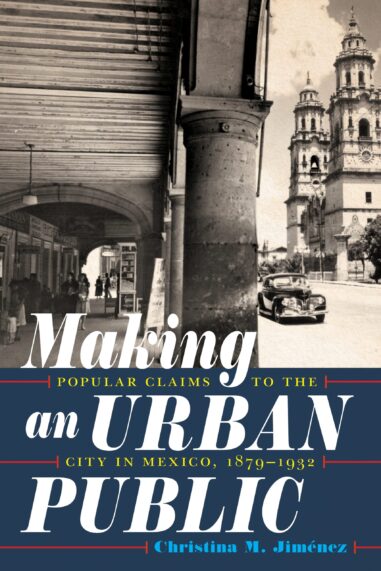Written as a social history of urbanization and popular politics, this book reinserts “the public” and “the city” into current debates about citizenship, urban development, state regulation, and modernity in the turn of the century Mexico. Rooted in thousands of pages of written correspondence between city residents and local authorities, mostly with the city council of Morelia, the rhetoric and arguments of resident and city council dialogues often highlighted a person’s or group’s contributions to the public good, effectively positioning petitioners as deserving and contributing members of the urban public. Making an Urban Public tells the story of how Morelia’s residents—particular those from popular groups and poor circumstances—claimed (and often gained) basic rights to the city, including the right to both participate in and benefit from the city’s public spaces; its consumer and popular cultures; its modernized infrastructure and services; its rhetorical promises around good government and effective policing; its dense networks of community; and its countless opportunities for negotiating to forward one’s agenda, and its urban promise for a better life.


